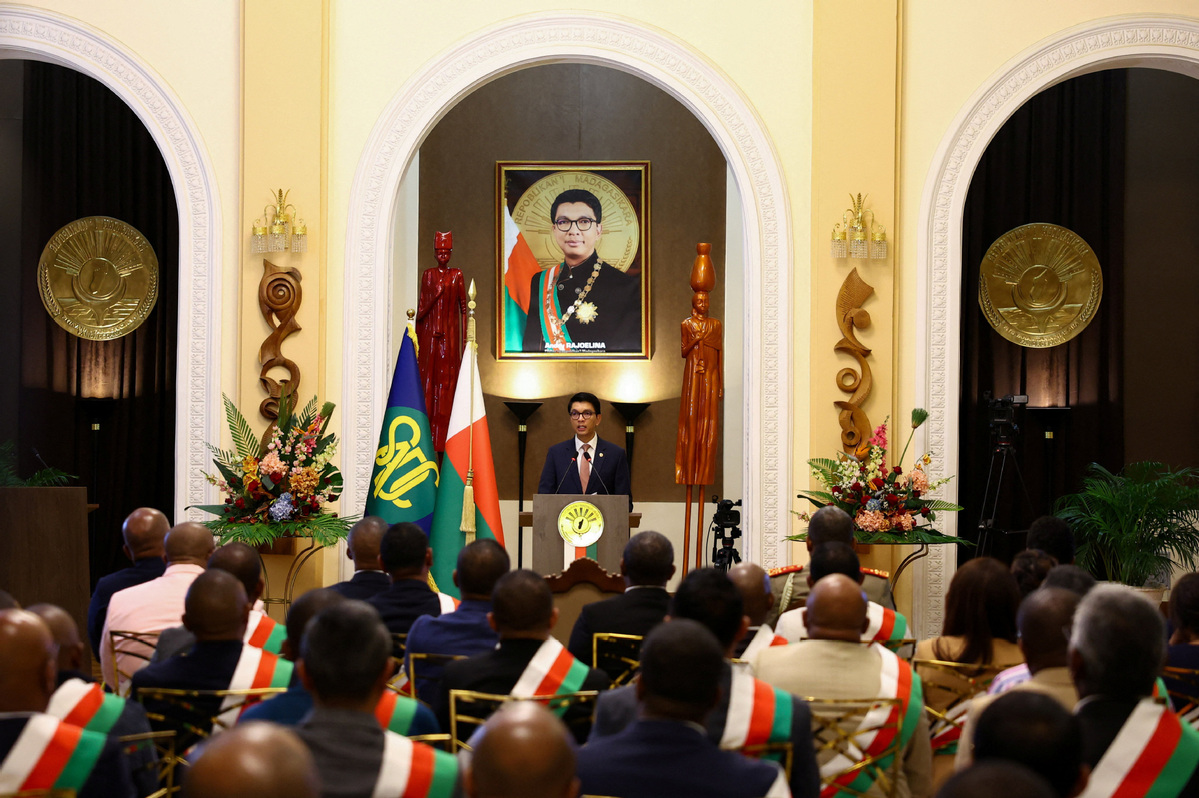
Madagascar’s President Andry Rajoelina appointed army General Ruphin Fortunat Zafisambo as prime minister on Monday, a week after he dissolved the government amid mounting demonstrations over rolling power cuts and water shortages.
Zafisambo, formerly director of the military cabinet in the prime minister’s office, replaces Christian Ntsay, who was dismissed as part of the shake-up. Announcing the pick, Rajoelina said the country needed a leader “capable of restoring order and public trust,” adding that stabilising electricity and water supply would be Zafisambo’s first task.
Despite last week’s cabinet dismissal, protests entered a third consecutive week on Monday, with many demonstrators now urging the 51-year-old president to step down. Police fired tear gas to disperse marchers in the capital, Antananarivo, a Reuters reporter witnessed, while local TV aired footage of confrontations in the southern city of Toliara and the northern city of Diego Suarez. Many protesters have been university students voicing broader grievances aired in campus rallies last month.
Inspired in part by recent “Gen Z” mobilisations in Kenya and Nepal, the unrest is the most significant in years on the Indian Ocean island, reflecting anger over entrenched poverty and alleged high-level corruption. The United Nations has said at least 22 people were killed and more than 100 injured in the protests’ early days, figures the government disputes.
Rajoelina said in a Friday speech he was ready to hear protesters’ concerns but made no move toward resignation. His office said over the weekend that political actors were exploiting the movement “to destabilise the country,” while insisting the president remained committed to dialogue and to speeding up measures to improve daily life.
The presidency said some civil society groups met Rajoelina on Saturday, without giving details. Other organisations said they refused to attend absent guarantees that demonstrations could proceed unhindered and that detained protesters would be released.
Despite rich mineral deposits, unique biodiversity and arable land, Madagascar remains one of the world’s poorest countries; its income per capita fell about 45% between independence in 1960 and 2020.
